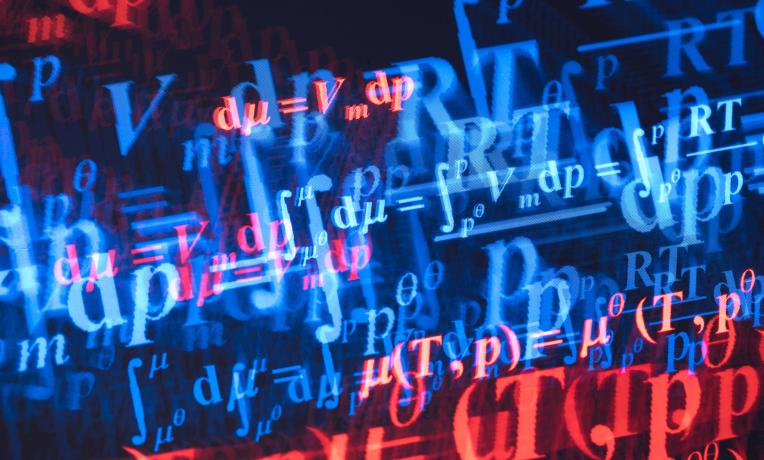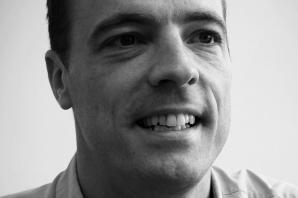Classifying von Neumann algebras
Group theory, functional analysis and ergodic theory – three distinct areas of mathematics that meet within the theory of von Neumann algebras. The RIGIDITY project, funded by the ERC, aims to classify families of von Neumann algebras.

In mathematics, groups encode symmetry. Functional analysis, on the other hand, provides a solid mathematical framework for particle physics, since quantum mechanical observables behave like matrices of infinite size. Last but not least, ergodic theory provides us with the tools needed to understand the long-term behaviour of a dynamical system.
These three areas meet in the theory of von Neumann algebras. But how do we classify these algebras? Finding the answer to this fundamental question is exactly what the RIGIDITY project aims to do. “Using Popa’s deformation/rigidity theory, we classify von Neumann algebras that arise from group actions and free probability theory,” explains Prof. Stefaan Vaes, who leads the project. “The ultimate goal is to understand which aspects of a symmetry group can be recovered from the much coarser structure given by the ambient von Neumann algebra".
As to group actions, whenever a group acts on a measured space there is an associated crossed product von Neumann algebra. “The first key result obtained in the RIGIDITY project was the construction of von Neumann algebras with precisely two crossed product decompositions,” explains Prof. Vaes. Von Neumann algebras arise naturally in free probability theory. Very little is known about the classification of the so-called free Araki-Woods factors. This, however, is changing as Prof. Vaes and his team have established definitive classification theorems for these factors.
A third focus of the RIGIDITY project is on the quantum symmetries of von Neumann algebras. “Our work here led us to the first truly quantum instance of Kazhdan’s property (T), which is a rigidity property used in the construction of expander graphs and thus widely used in the theoretical aspects of computer science,” adds Prof. Vaes.
Stefaan Vaes is a mathematician working in operator algebras and functional analysis. He leads the Functional Analysis research group at KU Leuven (Belgium). The focus of his work is on von Neumann algebras and their connections to ergodic theory, group theory and subfactors. In 2015, he was awarded the Francqui prize, the main Belgian scientific award.


